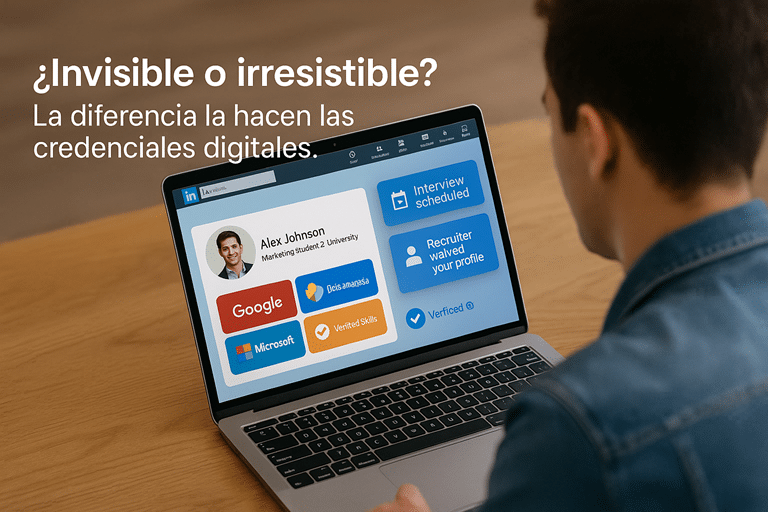Educational transformation stands as an essential change for any institution that wants to last. Technological advances, changes in society and the needs of the labor market are driving a new educational model that is more personalized, flexible and focused on learning.
This educational transformation is a necessary change that prepares students for the future. Today’s world is increasingly complex and changing, and students need the skills and knowledge to adapt to this environment. These are the seven key stages to keep in mind:
1. Background and planning
Before beginning any transformation, it becomes imperative to reflect on existing educational methods and evaluate their effectiveness. The analysis of data, results and feedback not only lays the foundations for change, but also constitutes the pillar on which educational evolution is built.
2. Design of educational objectives
The definition of clear educational goals aligned with modern demands becomes vital in this process. Educators take on the challenge of designing objectives that not only fit the 21st century, but also encourage crucial skills for the world of work such as digital competence, communication, mental agility, critical thinking, interpersonal skills and self-management.
3. Technological integration
Technology must be incorporated intrinsically into the curriculum. Also, the use of digital platforms, educational applications and online tools expands access to educational resources, transforming the learning experience into a dynamic and constantly evolving environment.
4. Personalization of learning
The diversity inherent in each student demands that education be adapted to their individual needs. The personalization of learning, facilitated by technology, fosters a more student-centered approach. Thus promoting a more effective and complete development.
5. Continuous evaluation
Implementing an ongoing evaluation system is essential to monitor progress and adjust strategies as necessary. Digital tools offer opportunities to evaluate performance more accurately and timely, thus driving continuous improvement.
6. Teacher professional development
Continuous training becomes a cornerstone for educators to adapt to new technologies and methodologies. Professional development programs should focus on the effective integration of technology in the classroom, thereby strengthening pedagogical skills in line with contemporary demands.
7. Modern Recognition with Digital Credentials
In the digital age, the recognition of educational achievements has undergone a significant transformation. The digital credentials, backed by blockchain, offer a secure and verifiable path to document the skills acquired in ESuperior education. By using these credentials, students can highlight their achievements more effectively in an increasingly digital environment.
Educational transformation is revealed to be a complex process that demands a comprehensive approach. Reflect on existing practices, set clear goals, integrate technology, personalize learning, continually assess, develop educators, and embrace digital credentials. These are the essential pillars to prepare students for a future that requires innovative and adaptable skills.
Subscribe to blog here and receive all our content







